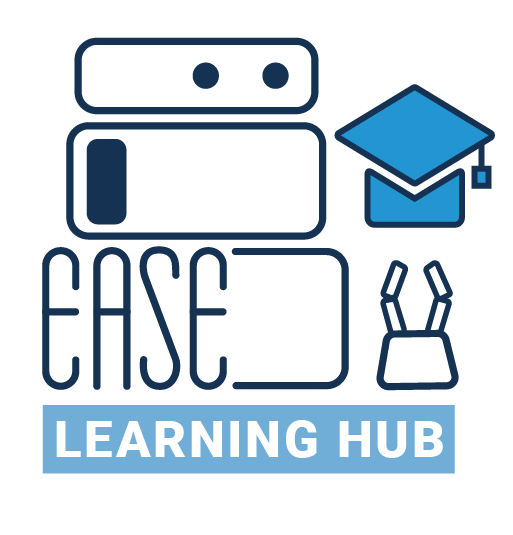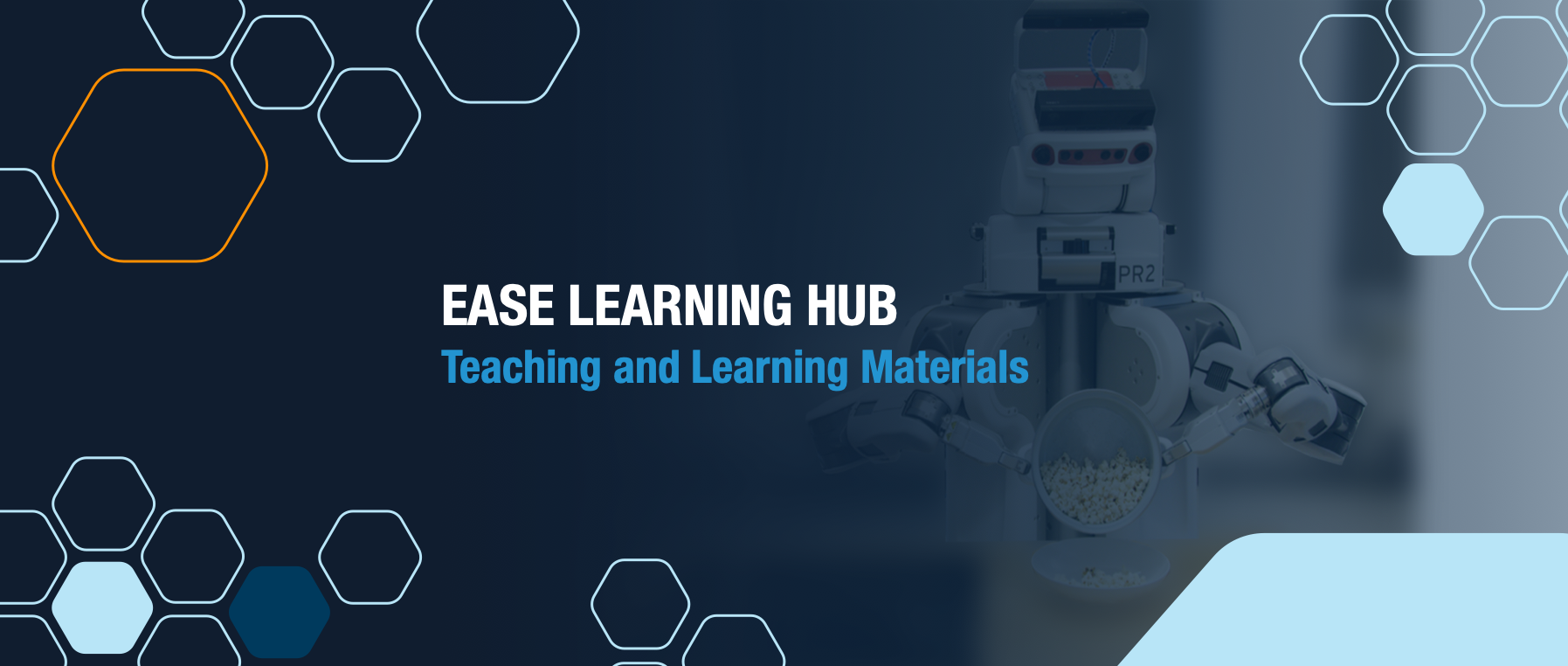Knowledge representation and reasoning for robotic agents - Part 2
Part 2: In his follow-up lecture, Michael Beetz gives a short recap of his first talk before further exploring knowledge representation and reasoning for robotic agents. He focuses on one of the main problems of human-scale manipulation tasks for robotic systems, action description, when it comes to the performance of abstract tasks like "pour the water out". From "grasp the pot by the handles" to "tilt the pot around the axis between the handles" to "hold the lid while pouring", every action includes multiple intermediate tasks that have to be described in detail for the robot.

